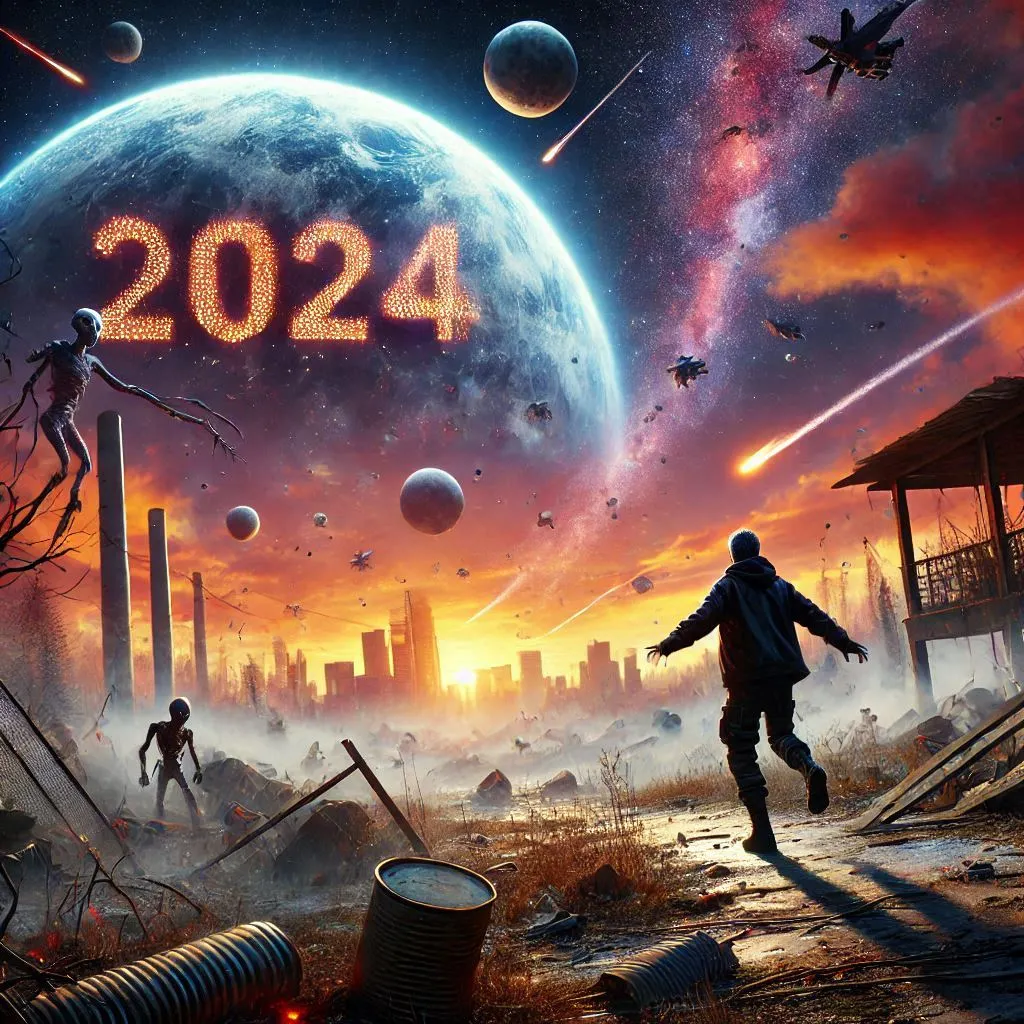
2024: The Year Video Game Developers Held on for Dear Life
For anyone making video games, 2024 felt like a relentless struggle. At March’s annual Game Developers Conference, the mantra “Survive till ’25” was more than a rallying cry—it was an attempt to keep spirits afloat. Record-breaking layoffs and the onslaught of online harassment were just the beginning of the challenges.
Last year, over 10,000 game developers lost their jobs. By early 2024, one-third of industry professionals reported being affected by layoffs. Despite small victories, such as labor organizing successes at Activision Blizzard and resistance against AI’s encroachment on jobs, the year’s layoff count had already surpassed 2023 by midyear. According to Matthew Ball, a games and TV producer, 2024’s job-loss tally is expected to be 40% higher than the previous year’s.
The Perfect Storm
Ball describes the situation as a convergence of factors: rising development costs, shifting consumer spending habits, high interest rates, and mismanagement. He emphasizes that these challenges are converging simultaneously, creating a ‘perfect storm’ for the industry. These pressures have not abated since the layoffs began.
As developers lost jobs, the industry’s creative output also suffered. High-profile titles like Suicide Squad: Kill the Justice League underperformed commercially, sparking a right-wing narrative: “Go woke, go broke.” Critics blamed any game’s poor performance on perceived diversity, equity, and inclusion (DEI) initiatives.
Indie Studios Fight to Survive
For indie developers, 2024 was particularly devastating. With limited access to funding, many small studios shuttered without fanfare. Some developers turned to alternative funding methods, like Among Us creator Innersloth, which launched an initiative to help others complete their projects. But even these efforts couldn’t shield developers from the dual challenges of financial struggles and online harassment.
Big Names Aren’t Safe Either
Even studios backed by tech giants felt the crunch. Microsoft closed Arkane Austin and Tango Gameworks, while Sony shut down Firewalk. Critical success didn’t guarantee survival either. Microsoft’s closure of Tango Gameworks came despite universal acclaim for Hi-Fi Rush. The industry’s contraction spared no one.
The Shadow of Gamergate 2.0
The industry also contended with a resurgence of online hate. Conservative factions organized campaigns against DEI efforts, targeting games with diverse characters or themes. This year marked the 10th anniversary of Gamergate, but its toxic legacy loomed large. Developers like Sweet Baby Inc. faced coordinated harassment campaigns, with bad actors rallying on platforms like Discord and Steam forums.
Games featuring diverse leads, such as Dragon Age: The Veilguard and South of Midnight, bore the brunt of these attacks. Trolls criticized everything from inclusive customization options to characters with top surgery scars. Developers and consultancies endured waves of targeted abuse, a chilling echo of past harassment campaigns.
AI: A Rising Concern
As if the layoffs and harassment weren’t enough, the specter of AI loomed large. While its potential impact on the creative process is still unclear, many fear its growing role in game development could displace even more workers. “No one knows when, or if, the industry will bounce back with sustainable jobs,” Ball warns.
Holding on for 2025
Despite the bleak outlook, the industry showed flickers of resilience. The Game Awards in December provided a rare moment of celebration, with accolades and announcements for major projects like The Witcher 4 and a new The Last of Us title. Host Geoff Keighley acknowledged the industry’s struggles, dedicating a segment to layoffs and introducing a new “game changer” award to honor positive contributions.
Yet, optimism is tempered by the harsh realities of 2024. While there’s “a lot more hiring happening than people believe,” as Ball notes, it’s not enough to offset the losses—especially for indie developers.
As 2024 ends, the question isn’t whether games will continue to be made, but how many people will still be there to make them. For now, developers are clinging to hope and looking toward 2025 as a chance for recovery.








